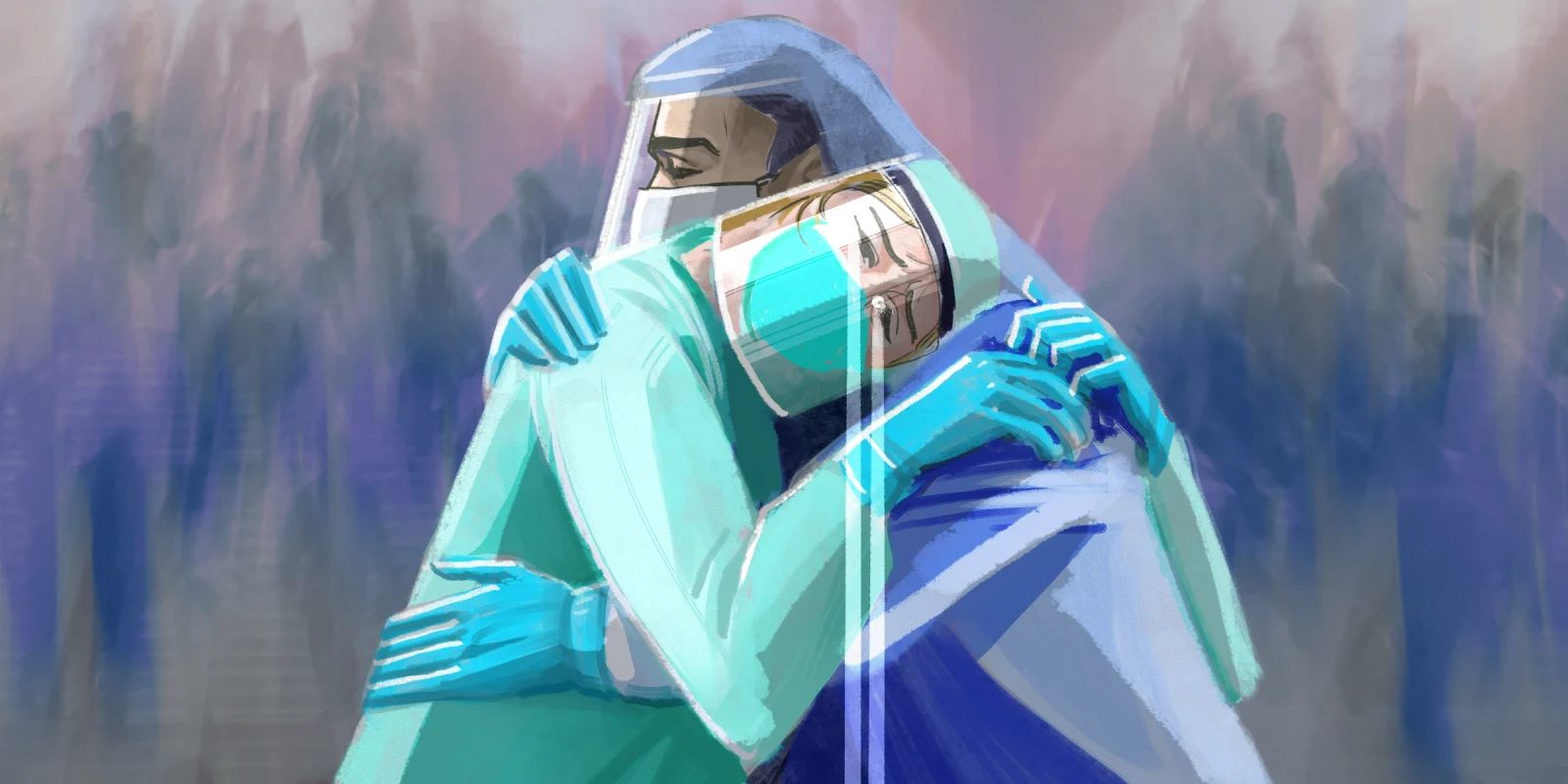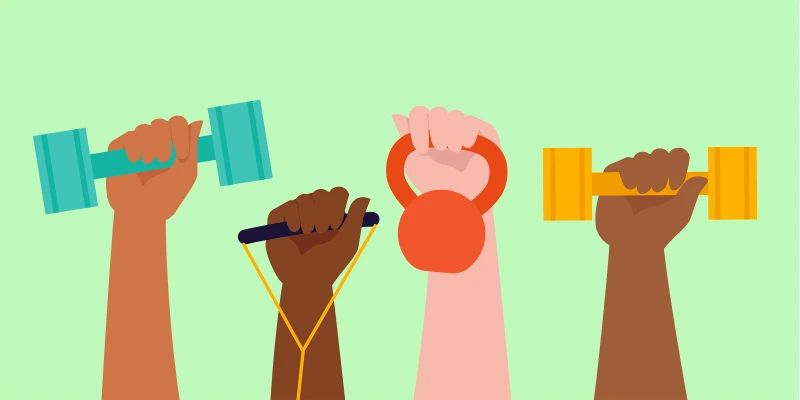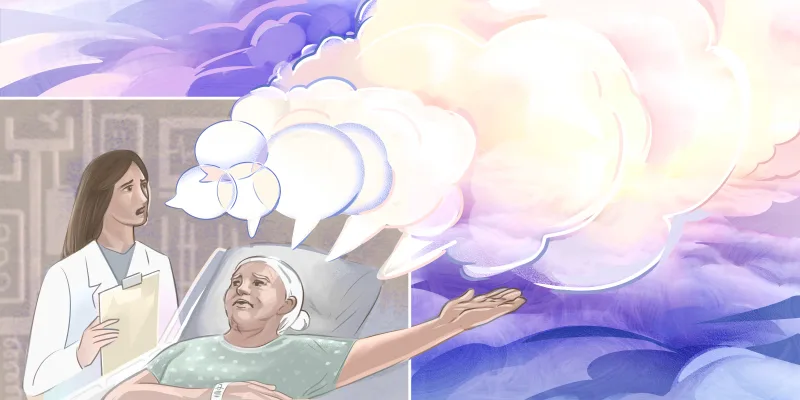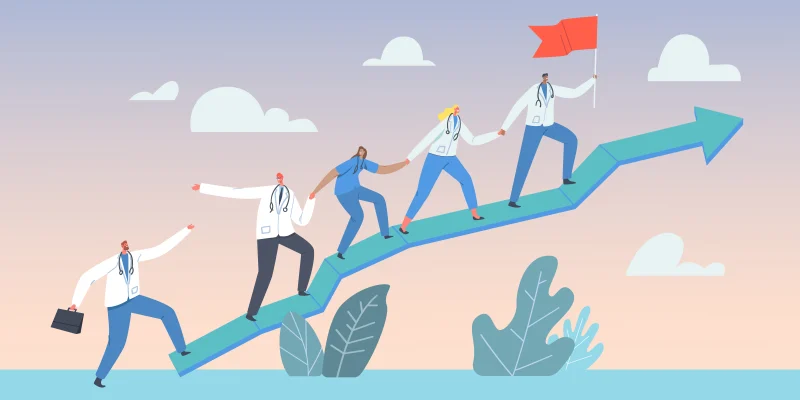I stare at the sharply rising line in front of me, its stark outline harshly highlighting the data showing that we are in the midst of yet another surge. That graph haunts me, invading my thoughts, hovering at the edges of my life. I hold my breath, not knowing when this sly encroacher will become an intruder that will disrupt the normalcy of these last few months, a normalcy I had lovingly cultivated. As friends and family got their shots, as my 7-year-old lined up to receive his vaccine, I dared to have some hope.
If hope was the feeling that defined those sweet early summer months during which we felt invincible after receiving our vaccines, when restaurants and stores opened back up, when we saw friends and family — then a despairing resignation surely defines those that followed.
As that line continues to rise, both my personal and professional lives seem to collapse. I am forced to cancel surgeries. My husband, an infectious disease physician, is asked to do extra shifts as his colleagues contract COVID-19. The infection that previously seemed avoidable now seems inevitable, given how contagious the new variant is. The routine of my carefully crafted life falls apart like a house of cards, battered repeatedly by a tiny spiked battering ram.
Our child care collapses yet again when we are notified that there was an exposure in my 4-year-old’s day care. My husband and I discuss who will stay with our daughter. Whose job matters more? The infectious disease doctor during a pandemic, or an obstetrician who knows that babies don’t follow any timelines? In a household of two essential workers, who is more essential?
Life is upended as another wave of the pandemic washes over us yet again. Two years into this pandemic, it feels surreal that the same questions and worries I had in March of 2020 persist, with little improvement. Our lives remain subject to the availability of testing, reliant on people to do the right thing and get vaccinated, and dependent on the whims of politics and contentious mandates. Why is it that child care remains so uncertain? Why do we not have enough testing to confirm cases? Why do I drive to work every day, holding my breath, fearful of the inevitable moment when the virus will invade our house and disrupt our lives yet again?
I go to bed and awaken with the same thoughts I have had for the last two years: Will I get COVID-19? Will someone I love get it? Will my children still be able to go to school and day care? Will I still be able to work if there is another shutdown and the kids are home?
I imagine myself rendered as a two-dimensional drawing by one of my children. My edges are drawn with a red burst of anger, but my insides are filled with the blackest of sorrows. I am angry, but I am also sad. Sad that so many colleagues have left health care or are burnt out. Sad that we work in a system that benefits neither the patient nor the provider. Sad that so many mothers have left the workforce, because we live in a society structured for women to be either professionals or mothers, but not both. Sad that people are so skeptical of science that they would rather die in isolation than get a life-saving vaccine, because science has been politicized. Sad that we must bear witness to the terrible choices that people make while providing compassionate care for them, because at the core of who we are as clinicians, we cannot extinguish the flame of empathy that propelled us toward this career.
So we go on.
So I go on. I hug my children, drop them off at school, drive to work, take care of my patients, text my husband to see who will pick up the kids. I struggle to maintain any semblance of normalcy in a world that may never revert to normal. And I watch. And what I see is that over these last two years, even after the pandemic has clearly marked the fault lines of our society, we continue to do little to repair the issues exposed on the surface. As the national paid parental leave bill falters, I realize that mothers remain forgotten. As we fight to maintain the Affordable Care Act, I realize that the health care system remains broken. I feel helpless, because there is so much wrong in this world that I cannot correct. But I go on, because I must — for my patients and for my children.
I go on.
Are you part of a household with multiple essential workers? Share your experiences in the comment section.
Dr. Huma Farid is an obstetrician/gynecologist at the Beth Israel Deaconess Medical Center in Boston.
Illustration by April Brust







